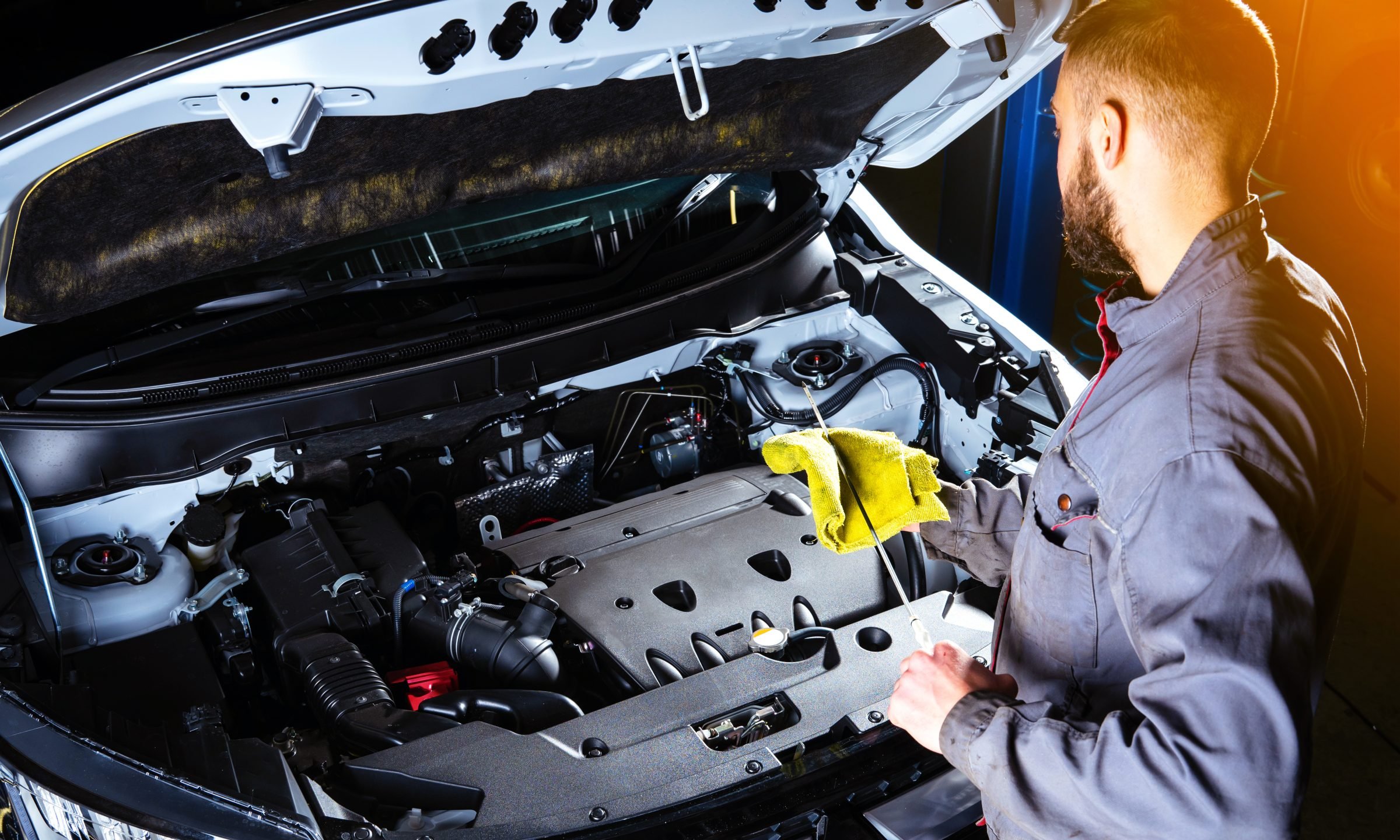All Categories
Featured
Like any part of your vehicle, the battery has a minimal life-span, normally varying from three to five years. There are several proactive steps you can take to take full advantage of the life expectancy of your vehicle battery and ensure your lorry remains trusted.
![]()
![]()
Final thought. Maximizing the life expectancy of your automobile battery involves a mix of correct maintenance, driving practices, and understanding of outside elements like temperature. By frequently examining the battery, driving regularly, and restricting electrical usage when the engine is off, you can expand the life of your battery and avoid premature failure. Taking these basic steps can save you the hassle and cost of an unforeseen battery substitute, ensuring your car continues to be trustworthy for many years to find.
- Routinely Examine Battery Terminals. Among the most typical reasons for a car battery to fall short too soon is the build-up of corrosion around the battery terminals. This deterioration, often showing up as a white, grainy material, can create poor electric connections, avoiding your lorry from beginning correctly. On a regular basis examine the battery terminals for indicators of corrosion. Tidy the terminals with a remedy of cooking soft drink and water or use a specialized cleaning item if you discover any kind of. Make sure the terminals are snugly connected to the battery blog posts to avoid any type of power interruptions.
- Drive Your Car On A Regular Basis. If you drive your automobile occasionally, your battery may not obtain adequate time to completely reenergize, which can lead to a gradual reduction in its efficiency and lifespan. Try to drive your vehicle at the very least when a week to maintain the battery charged.
- Limit Electrical Usage When the Engine is Off. While it's hassle-free to use these features when the engine is off, it can drain your car's battery over time. In addition, prevent leaving your headlights on when the cars and truck is off, as this can rapidly diminish the battery.

- Maintain Your Battery Secure. Resonances from driving can harm the inner parts of your cars and truck battery and lead to early failing. If the battery is loose or moves about, it is much more likely to experience interior wear, which can lower its lifespan.
- Screen the Battery's Cost Degree. Numerous more recent vehicles are equipped with systems that can check the battery's cost level. If your car does not have this feature, think about buying a voltmeter to examine the battery's voltage consistently. A healthy, totally billed battery normally checks out around 12.6 volts when the engine is off. If the voltage drops considerably below this degree, it could be a sign that the battery is losing cost or is nearing the end of its life-span. Regular checks can aid you catch prospective concerns before they cause a dead battery.

- Stay Clear Of Extreme Temperatures. Extreme climate condition, both cold and warm, can considerably affect the life-span of your auto battery. Warm temperature levels can trigger the battery's electrolyte to evaporate, bring about inner damages and a shortened lifespan. On the other hand, chilly weather condition can reduce down the chemical reactions inside the battery, making it harder for the automobile to start. To minimize the impact of severe temperature levels, attempt to park your cars and truck in a shaded area or a garage during hot weather, and if feasible, utilize a battery insulation package throughout the colder months to secure it from freezing temperature levels.
- Get Your Battery Checked Regularly. If your battery is approaching the three-year mark, or if you see any indications of sluggishness when beginning your automobile, it's an excellent idea to have your battery tested. A lot of car fixing shops or solution centers provide complimentary battery testing to examine its charge capacity and general health and wellness. Checking can aid you catch prospective issues prior to your battery falls short entirely, allowing you to replace it proactively and prevent obtaining stranded with a dead battery.
- Change the Battery When Necessary. Despite having appropriate maintenance, all batteries will eventually shed their capacity to hold a cost. If your battery regularly tests below normal degrees or if your automobile shows difficulty starting, it may be time for a substitute. A brand-new battery can substantially improve your automobile's performance, particularly in harsh weather.
Final thought. Maximizing the life expectancy of your automobile battery involves a mix of correct maintenance, driving practices, and understanding of outside elements like temperature. By frequently examining the battery, driving regularly, and restricting electrical usage when the engine is off, you can expand the life of your battery and avoid premature failure. Taking these basic steps can save you the hassle and cost of an unforeseen battery substitute, ensuring your car continues to be trustworthy for many years to find.
Latest Posts
Expert Auto Repair Nearby - Trust Montclare’s Certified Professionals
Published Apr 19, 25
2 min read
Add Convenience and Personality to Your Home with Location Rugs
Published Apr 18, 25
1 min read
Change Your Home with High Quality Floor Covering Solutions
Published Apr 17, 25
1 min read
More
Latest Posts
Expert Auto Repair Nearby - Trust Montclare’s Certified Professionals
Published Apr 19, 25
2 min read
Add Convenience and Personality to Your Home with Location Rugs
Published Apr 18, 25
1 min read
Change Your Home with High Quality Floor Covering Solutions
Published Apr 17, 25
1 min read